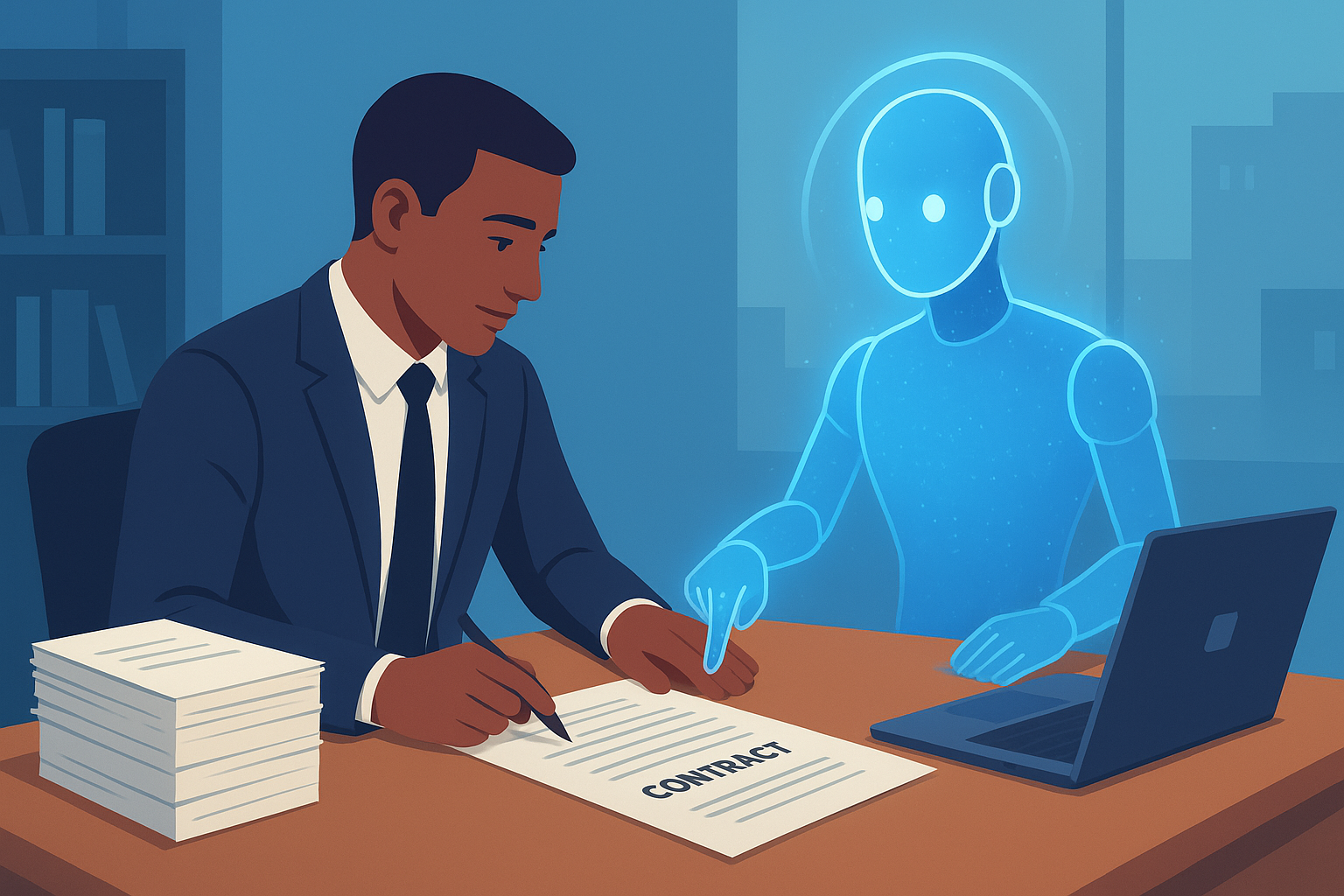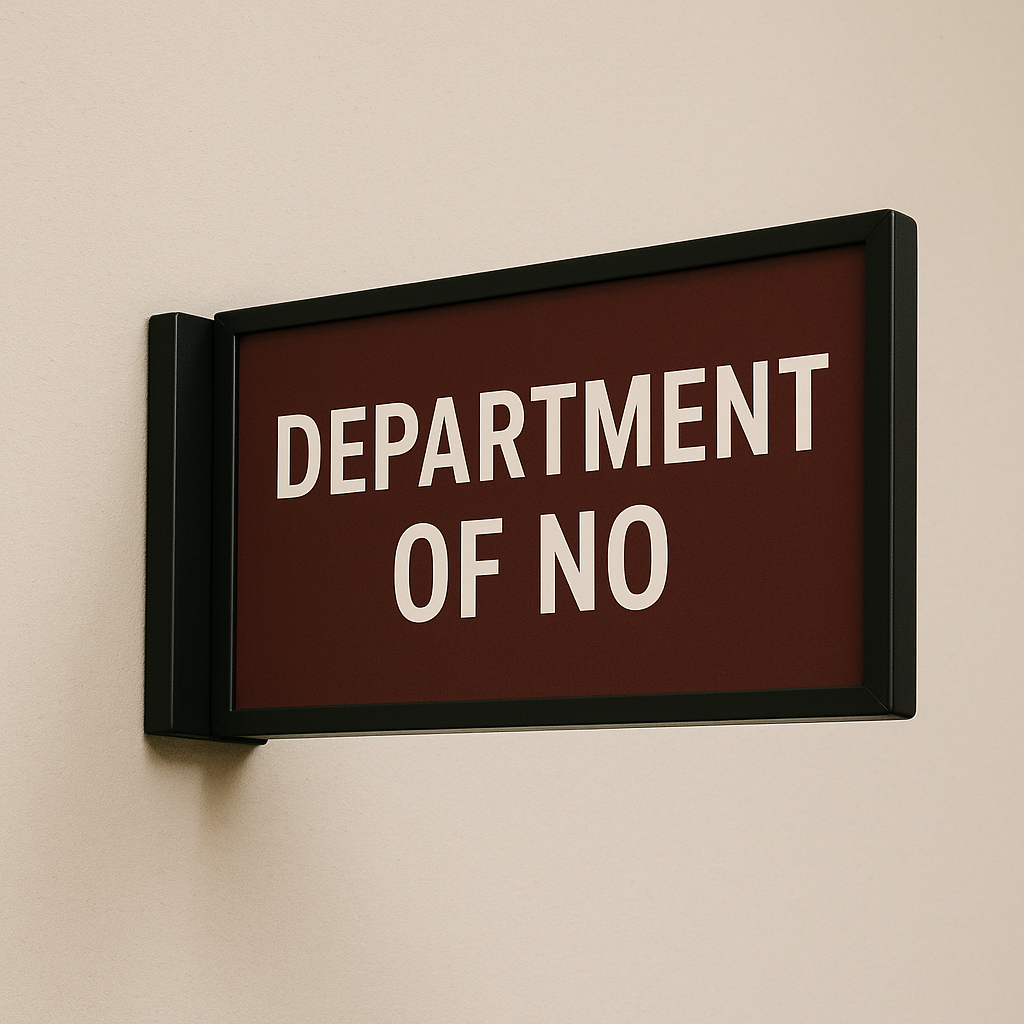Will AI Replace Lawyers? A Conversation with Shashank Bijapur, CEO of Spotdraft
Vertex Holdings29 Sept 2025Will AI Replace Lawyers? A Conversation with Shashank Bijapur, CEO of Spotdraft
Everybody says that AI is going to replace lawyers. But according to Shashank Bijapur, CEO of Spotdraft, the future isn’t about AI versus lawyers—it’s about lawyers with AI versus lawyers without it. And the difference will be transformative.
The Nature of Legal Language

At the heart of this transformation is language. As Shashank explains:
“AI will not replace lawyers by themselves, but it is lawyers who use AI who will replace the lawyers who don’t. What’s powering large language models today is language—and the most complex, dense, and difficult language we encounter is legal language.”
Unlike emails, text messages, or social media posts, legal contracts are dense with clauses, conditions, and terminology that require years of specialized training to master. And this complexity comes at a price: the average cost of high-end legal work can reach $1,400 per hour.
Why Legal Work Is Ripe for AI
The legal industry is slow, expensive, and heavily manual—three qualities that make it a prime candidate for AI disruption. Shashank points out that billing today is usually based on input metrics, such as hours worked. With AI, the industry is shifting toward output metrics: a flat fee for a completed contract or legal deliverable, rather than a per-hour charge.
This change mirrors broader trends in knowledge work, where automation takes over repetitive, lower-value tasks, freeing up professionals for higher-level strategic thinking.
From “Department of No” to “Department of Go”

Shashank shared a case study of a company whose legal department was notorious for slowing down deals. A simple NDA could take a week; a master service agreement (MSA) might take three weeks or more. The issue wasn’t incompetence—it was an overworked, understaffed team bogged down in inefficiencies.
When Spotdraft stepped in, they:
- Digitized and analyzed historical contracts
- Created reusable templates and workflows
- Set up automated AI reviews
- Ran data analysis to identify bottlenecks
The results were dramatic. Contracts that previously took up to six weeks were executed in just one to two days. Four months later, the general counsel described the experience with a vivid metaphor:
“It feels like I used to be standing in the rain waving for a car. Now, I just open my Uber or Grab app and call for a cab. The change is so much—it feels like there is convenience and control.”
The Lawyer of the Future
Looking ahead, Shashank predicts that the core role of the lawyer will remain intact. Lawyers will still advise, strategize, and make critical decisions. But the level at which they operate will shift upward as AI takes over routine execution. This evolution will also create entirely new roles within legal teams:
- Prompting specialists – crafting and refining the best prompts to generate accurate legal outputs.
- AI agent managers – supervising fleets of hyper-specialized AI tools designed for legal use cases.
- Legal technologists – professionals who bridge the gap between traditional law and emerging technology.
Instead of spending hours drafting repetitive documents, lawyers will review, ideate, and focus on strategy. Legal teams will be leaner, more efficient, and ultimately more valuable to businesses.
The Bigger Picture: Efficiency for All
The shift to AI-powered legal work isn’t just about efficiency within law firms or legal departments—it also benefits clients. By eliminating the billable hour in favor of output-based pricing, legal costs become more predictable and accessible. This democratizes access to legal services, making them available to smaller companies and startups that previously couldn’t afford top-tier support.
As Shashank emphasizes, the winners will not be AI tools themselves, nor lawyers resisting change, but lawyers who embrace these technologies to deliver better, faster, and more cost-effective outcomes.
Conclusion
So, will AI replace lawyers? The answer is no. But lawyers who leverage AI will replace those who don’t. The legal profession is at a turning point—shifting from rain-soaked uncertainty to on-demand convenience. And for lawyers willing to adapt, the future looks brighter, faster, and more impactful than ever before.
Find out more about Spotdraft here: www.spotdraft.com
/f/233941/3162x1776/6d52389ad1/will-ai-replace-lawyers.png)